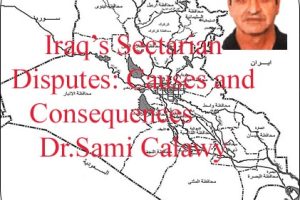Syria: Balancing and Bandwagoning

Dr.Sami Calawy
Published in al-Enteshar al-Arabi, English, Issue 309, California
Abstract
The research deals with the Syrian policy toward the American occupation of Iraq in 2003. On the basis of Joseph Walt’s theory of alliance formulation, a clear distinguishing is made between two trends in foreign policy; balancing and Bandwagoning. While the first one refers to the policy of balancing the source of the threat by formulating alliances against it, the second one refers to the policy of alignment with the source of threat or danger in order to make use of its triumphs. This theory is applied to the Syrian foreign policy toward the American war on Iraq in two different periods; 1991 and 2003. While the Syrian regime chose to cooperate (bandwagon) with the Americans in 1991, it chose to resist (balance) the American power in 2003.
The research concludes that the policy of bandwagoning was more useful for Syria than that of balancing. Thus, the Syrians gained full control of Lebanon and huge economic aids from the Gulf State as a reward for their cooperation with the Americans. In contrast, they lost their influence on Lebanon and turned the Americans into a very effective supporter to the Syrian opposition.


